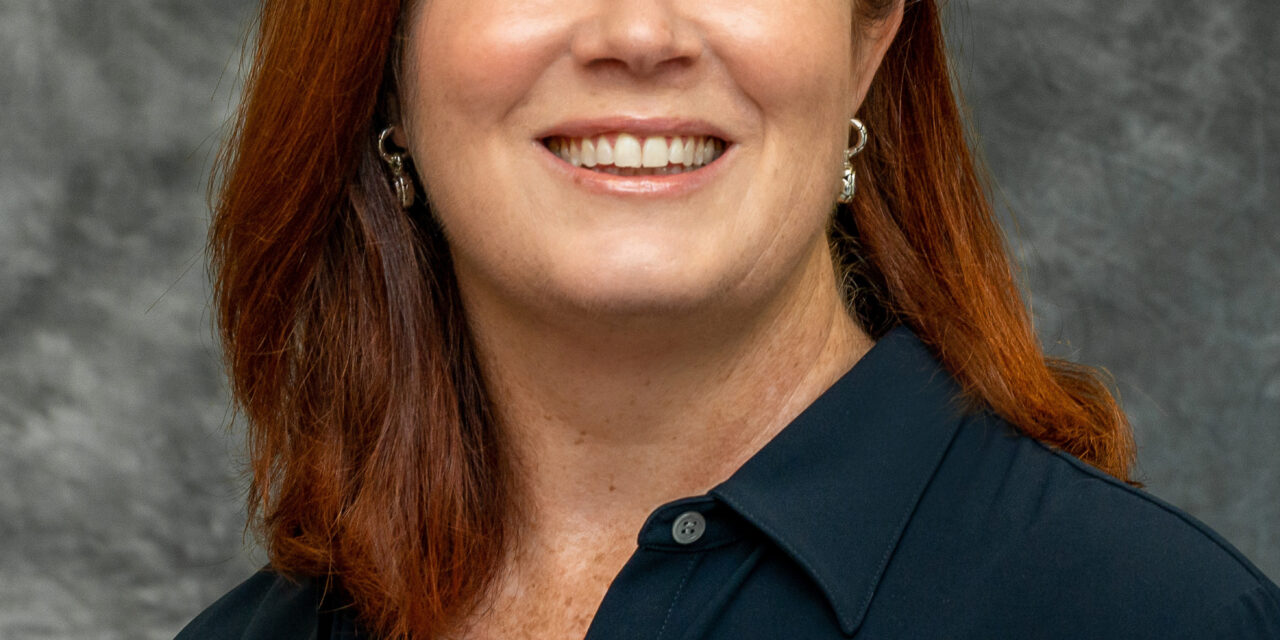By Lorna Fitzpatrick, MD
Vice President for Medical Affairs and Senior Medical Director at Univera Healthcare
Colorectal cancer is among the leading causes of cancer deaths in New York state, but roughly one third of adults who should be checked for the disease have not been screened. A Univera Healthcare review of 2020 health data found that 71.5 percent of adults are up to date on screening recommendations, while 28.5 percent are either not up to date or have never been screened. More than 9,000 new cases of colorectal cancer are diagnosed each year in New York state, and about 3,000 adults in the state die each year from the disease.
You might think that fear of catching COVID-19 is a top reason people are not booking screenings for colorectal cancer; however, current statistics are within a few points of pre-pandemic levels. According to the Centers for Disease Control and Prevention, in 2018, prior to the pandemic, 68.8 percent of all adults ages 50 to 75 years old of average risk were screened for colorectal cancer, and in 2016, the number was 67.3 percent.
Worry about catching COVID-19 cannot totally be discounted. In a December 2021 survey of upstate New York adults conducted by Univera Healthcare, 41 percent of respondents reported avoiding an in-person health care visit within the past six months due to COVID concerns.
There are at-home options for colorectal cancer screening, if deemed appropriate by your physician, including the take-home high sensitivity fecal occult blood test (FOBT), the fecal immunochemical test (FIT), and the multitargeted stool DNA test (FIT-DNA). The other methods of screening for the disease — colonoscopy, the flexible sigmoidoscopy, and CT colonography — are conducted by a physician in a medical office or hospital.
The U.S. Preventive Services Task Force recommends that average-risk adults ages 45 to 75 get screened for colorectal cancer. Individuals who have risk factors, including a family history of colon cancer or previous polyps, may need to have their first screening at a younger age, and/or more frequently.
The Affordable Care Act requires that insurance policies cover certain preventative services, such as colonoscopies, at no cost to the patient.
Univera Healthcare recognizes the importance of colorectal screenings and is working to address potential gaps in care in our community. Our health plan awarded a $110,000 grant to Roswell Park Comprehensive Cancer Center in support of colon cancer screening and education. The three-year initiative funds a navigator position at Neighborhood Health Center in Buffalo to provide underserved areas of our community with education about colon cancer and assistance with the screening process through Roswell’s colon cancer screening and outreach program. Over the term of the grant, more than 2,000 individuals will be helped to get screened.
See www.cancer.org for a free library of information on colon cancer. Watch an upcoming television show on colon screening and colorectal surgery presented by Jessica L. Martinolich, MD, General Physician, PC on Wednesday, March 16 at 8 pm and Saturday March 19 at noon on WBBZ-TV Channel 5 or 67.










